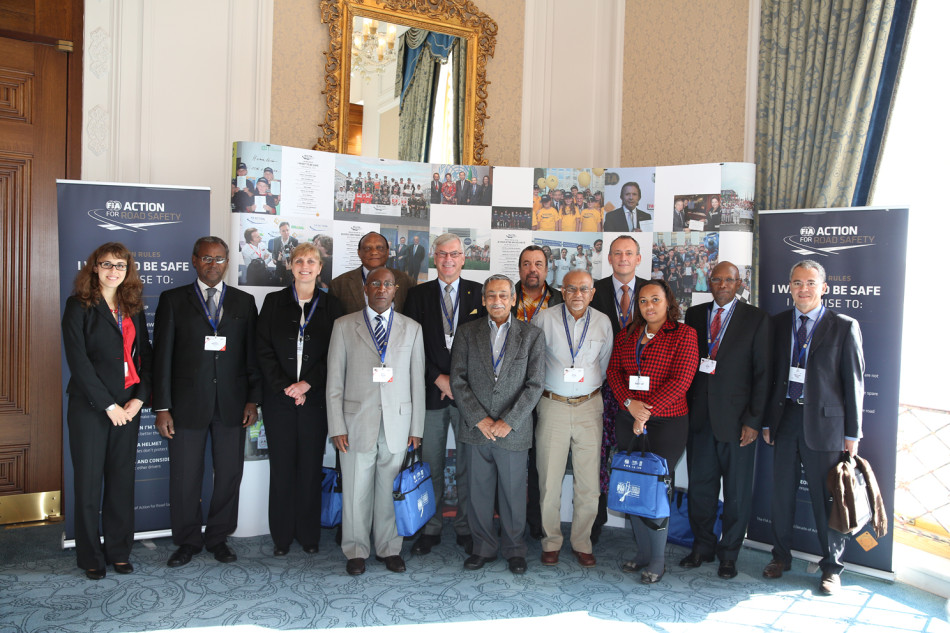African clubs take action on counterfeit helmets

The African Council for Touring and Automobile Clubs yesterday reported on measures taken by member clubs to prevent the spread of counterfeit motorcycle helmets in the region.
John Muntenda, President of the AA Uganda, told the meeting that meetings were underway in the country to counteract the use of sub-standard helmets, while Nizir Jivani, President of the AA of Tanzania added that similar measures were being taken in his country, where he said that anecdotal evident suggests that the use of unapproved helmets is often associated with an influx of cheap motorcycles from China.
Mr Jivani also mentioned that in Tanzania steps are being taken to improve road safety for motorcycle and three-wheeler users via a twice-weekly television broadcast in the Kiswahili language that encourages riders to obtain proper licences and which also offers tips on correct riding techniques and good road behaviour.
As part of a wider discussion on improving road safety across Africa, Karen Bryden, CEO of the AA of South Africa, revealed that the club has recently been involved in the distribution of bags that double as high-visibility vests. The yellow bags, she explained, were targeted at the most at-risk group of road users in the country, cyclists from poor backgrounds who are dependent on bikes to get to and from work. She added that the initiative had been extremely successful and had addressed a major road safety concern in South Africa – that of visibility in traffic.
Mr Muntenda continued the theme, saying that in Uganda the National Road Safety Council, of which he is also chairman, has implemented a National Road Safety Week during which victims of road traffic crashes are remembered. He explained that the AA of Uganda has also been actively encouraging the private sector to sponsor road safety activities.
In Mozambique, Automóvel e Touring Clube de Moçambique President António Marques reported that the club has begun a hard-hitting poster campaign aimed at raising awareness of road safety issues. The images have been displayed in five key areas of the country’s capital Maputo.
However, despite activity across the region, a number of speakers, including Ms Bryden and David Njoroge of the AA of Kenya, said that progress on road safety issues remains slow. Mr Njoroge added, however, that a new National Transport and Safety Authority has been established in Kenya with the aim of advising and making recommendations to the government on matters relating to road transport and safety and to subsequently implement policies arising from their recommendations. It was, he said, a step forward for the country. “Road safety is a long-term project, we can’t be planning for just three or ten years,” he said.

 Facebook
Facebook Twitter
Twitter






